Nocturne (1946)
By Toronto Film Society on July 16, 2019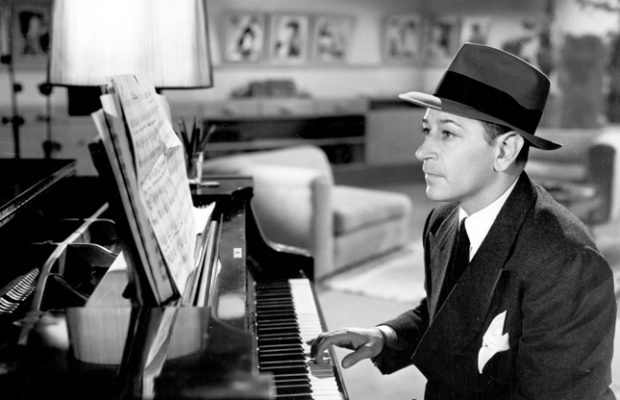
Toronto Film Society presented Nocturne (1946) on Monday, July 15, 2019 in a double bill with The Big Combo as part of the Season 72 Summer Series, Programme 2.
Production Company: RKO Radio Pictures. Director: Edwin L. Marin. Producer: Joan Harrison. Screenplay: Jonathan Latimer, based on a story by Frank Fenton, Rowland Brown. Cinematography: Harry J. Wild. Music: Leigh Harline. Editor: Elmo Williams. Art Direction: Albert S. D’Agostino. Set Decoration: James Altwies, Darrell Silvera. Gowns: Renié. Release Date: October 29, 1946.
Cast: George Raft (Joe Warne), Lynn Bari (Frances Ransom), Virginia Huston (Carol Page), Joseph Pevney (Fingers), Myrna Dell (Susan), Edward Ashley (Vincent), Walter Sande (Halberson), Mabel Paige (Mrs. Warne), Bernard Hoffman (Torp), Queenie Smith (Queenie), Mack Gray (Gratz).

Director Edwin L. Marin didn’t live a long life—he died at the age of 52 in 1951—but he had a long career, directing 58 films over a 20-year period. And although he isn’t a household name, he made many films that most film buffs would have seen, a number of which would have been screened by TFS.
Edwin Marin started out at MGM as an assistant director, stayed with them for 15 years, but worked at most of the other major studios. When he died, he was under contract to Warner Bros.
His first film was the inverse of a noir title TFS will be screening next week, The Death Kiss, made in 1932 starring Bela Lugosi. Working his way up, in 1938 he was entrusted by MGM to direct its version of A Christmas Carol. It was one of six films he made with actor Reginald Owen, the first being the 1933 Sherlock Holmes film, A Study in Scarlet.
In 1940, Marin married actress Ann Morriss whom it’s likely he first met when he directed her in the 1938 film The Chaser. Their follow-up film was the 1939 Society Lawyer but after 1941, it made sense that we wouldn’t see Ann Morriss in any other productions as she was busy raising their three children. After her husband’s death, she never remarried and lived another 43 years, dying at the age of 75 in 1994. If you can’t picture Ms. Morriss, you may recall her best as the Exercise Instructor in the 1939 film, The Women.
Marin also made six films with tonight’s lead, George Raft over a three-year period, Johnny Angel, Mr. Ace, Intrigue, Christmas Eve and Race Street, with tonight’s film being the third.
Sourced from Wikipedia and IMDb
Introduction by Caren Feldman
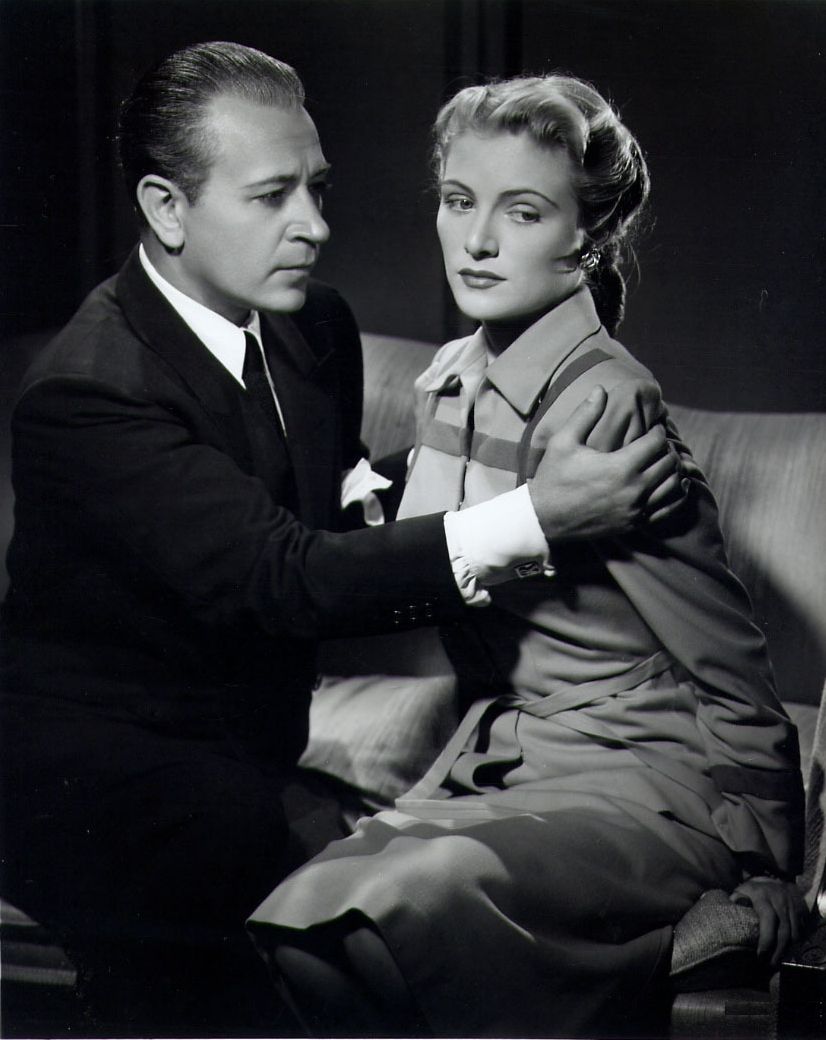
From arguably the most potent year in film noir—it’s hard to fathom The Postman Always Rings Twice, The Big Sleep, Gilda, and The Blue Dahlia all being released in one twelve-month period—it’s tempting to assume that the comparative obscurity of Nocturne may be because of all its towering competition. While Nocturne is not the dark and elegiac classic that the title suggests, there is much to recommend in this Tinseltown detective yarn.
They are far from household names, but for classic film devotees the three credited writers are an intriguing lot. It’s unclear how the labour was divided between the trio and how much producer (and mainstay of Alfred Hitchcock’s creative inner circle) Joan Harrison contributed to the screenplay, but each has a strong pedigree. Frank Fenton had lent his pen to various comedies and thrillers for Warner Brothers, Twentieth-Century Fox, MGM, and RKO as well as writing the well-reviewed, Los Angeles-set novel A Place in the Sun before contributing to Nocturne. Fenton’s article, “Hollywood Literary Life,” for American Mercury magazine is essential reading to understand the abject misery a man of letters felt working in the movie industry: “…A scenario-writer’s life is a parasite’s paradise, a hack’s utopia, the very last thing in sinecures.” If Fenton was suitably hardened to tell the story of the dark side of Hollywood, Rowland Brown seemed like he could be the subject of the story itself. In the course of a meteoric rise from prop boy to director, Brown became a lightning rod of fierce rumours—everything from sparring with Jack Dempsey and slugging producers to involvement in dissident politics and underworld connections. His film output, namely 1933’s outrageous pre-Code crime drama Blood Money, supports the theory that he may have been a bit unhinged. Nocturne was the embattled former director’s first screen credit in six years. Finally, Jonathan Latimer was the writer most suited to write a thriller. After a stint as a reporter in Chicago, Latimer became a crime novelist (three of his novels were filmed as part of Universal’s Crime Club series in the 1930s) before lending his abilities to the post-war noir boom. In the book Hardboiled America, Geoffrey O’Brien describes Latimer’s style as a “roughhouse blend of murder and farce” with “a deadpan black humor….”
With three disparate writers contributing and a producer with a penchant for script doctoring, perhaps it should be no surprise that Nocturne is more scrambled than hard-boiled. There are moments as bitter as black coffee, such as Myrna Dell’s line upon seeing a corpse, “What am I supposed to do, bust out weeping?” There is one scene that generates suspense à la RKO’s producer Val Lewton (who had just recently been fired from the studio), where George Raft enters an eerily still office at night, the howling wind billowing the curtains, while a disquieting scraping noise is heard in the back room. There are even flashes of droll, Hitchcockian humour in the scenes between Raft and his elderly mother, played by Mabel Paige. But it’s the elements of Hollywood glitz strewn throughout the film that stand out as both fascinating and a missed opportunity. The swimming pools and mink coats; Brown Derby’s Bamboo Room; the Pantages Theatre (owned by RKO at the time, naturally); and the piano bar and cocktails are quintessential Hollywood frozen in amber, but the film never really looks beneath the veneer. At this point, Norma Desmond’s closeup was still a few years off. Maybe the cynicism was just setting in. Real-life aspiring actress Elizabeth Short was living in Los Angeles when Nocturne was shot and premiered. Her mutilated body turned up three months later and she became The Black Dahlia of legend. It’s easy to imagine this film being a little rougher—more kindred to Frank Fenton’s view of the town as a “parasite’s paradise”—had it been made just one year later.
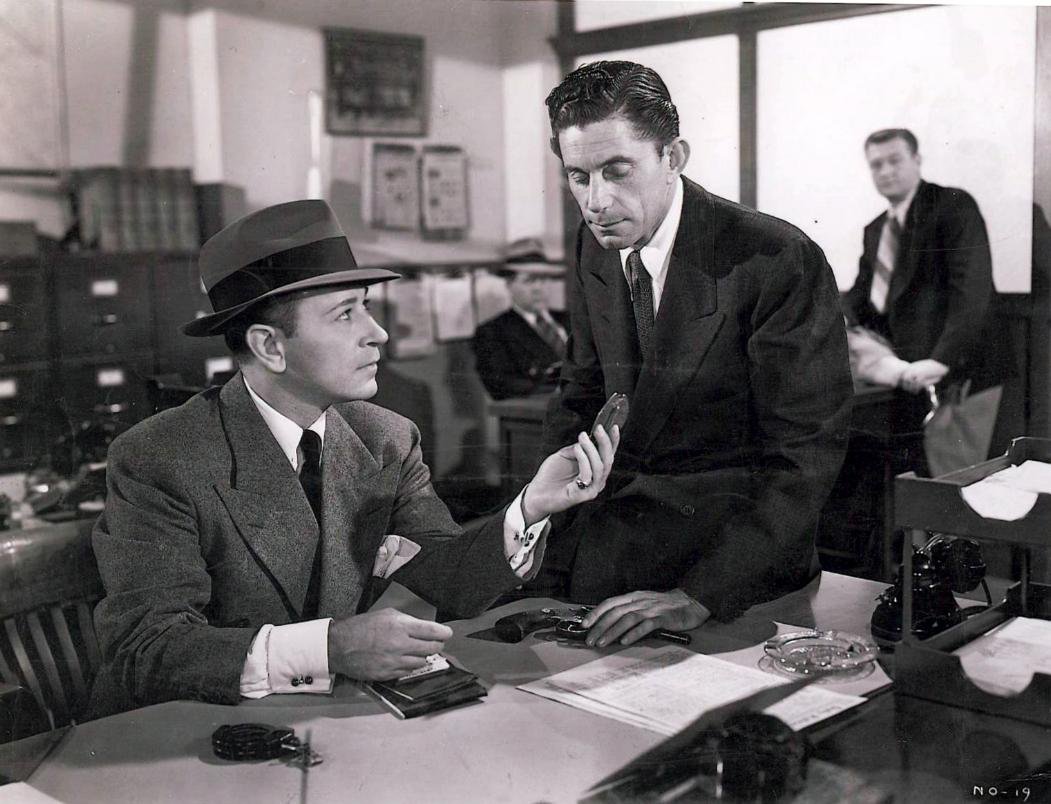
The critics were savage. James Devane of The Cincinnati Enquirer described it as “a drab little whodunit made more for sleeping rather than creeping….” Nelson B. Bell of The Washington Post was equally drowsy: “…Raft portrays the pivotal character in Nocturne with all of the animation of a man lulled to sleep by one….” “That sterling actor whose face always expresses a complete nothingness,” is how another Post critic, Richard L. Coe, opened a paragraph trashing all of the actor’s 1946 offerings. The Chicago Daily Tribune was fine with Raft but found the script “tiresome” and the movie “mediocre.” The Los Angeles Times was one of the lone positive voices and praised Edward L. Marin’s direction.
Time has been kind to Nocturne. It may not have the hot-blooded vitality of the best thrillers of the era, but its cast, location shooting, and period details are compelling. Raft is nowhere near the somnambulist the critics made him out to be and he is supported by an able supporting cast. Former pin-up girl Lynn Bari, variously referred to as “Queen of the B’s,” “The Woo Woo Girl,” and “The Girl with the Million Dollar Figure,” makes for a striking femme fatale. Former showgirl Myrna Dell delivers her lines with venomous aplomb. Film fans should note stocky Baltimorean Bernard Hoffman; he may be most familiar as the solitary dockworker in the opening shot of On the Town (1949) who sleepily intones, “I feel like I’m not out of bed yet.” Joseph Pevney transitioned from stage to screen to make his film début as pianist Ned Fingers. In 1950 he made his directorial début with a pair of hard-hitting crime films: Shakedown and Undercover Girl. His long career included many prestigious movies, such as Female on the Beach (1955), Tammy and the Bachelor (1957), and Man of a Thousand Faces (1957).
Notes by Adam Williams
You may also like...
-
News

Frances Blau
Toronto Film Society | February 27, 2024On Monday, February 26th, 2024, Toronto Film Society lost longtime friend, supporter, and board member Frances Blau. Known for her sense of humour, her love of film, her generosity,...
-
Special Events
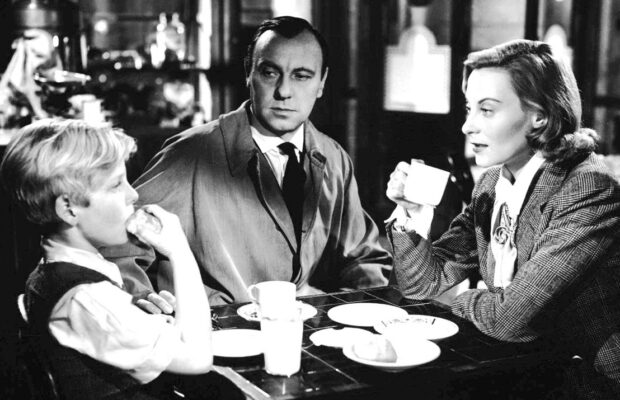
The Fallen Idol (1948) at the Paradise Theatre
Toronto Film Society | May 8, 2024Toronto Film Society presents The Fallen Idol (1948) at the Paradise Theatre on Sunday, June 16, 2024 at 2:30 p.m. Director Carol Reed’s wonderfully crafted adaptation of Graham Greene’s...
Programming
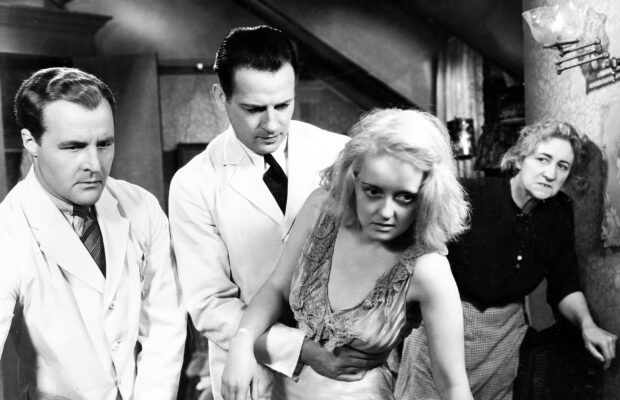
Virtual Saturday Night at the Movies
Toronto Film Society | May 3, 2024Toronto Film Society is back in the theatre! However, we’re still pleased to continue to bring you films straight to your home! Beginning Season 73 until now we have...
4-
 Toronto Film Society | May 8, 2024
Toronto Film Society | May 8, 2024
-
 Toronto Film Society | November 6, 2022
Toronto Film Society | November 6, 2022
-
 Toronto Film Society | August 1, 2023
Toronto Film Society | August 1, 2023
Donate to Toronto Film Society – We’re now a Registered Charity!
-
Copyright © 2017 Toronto Film Society.


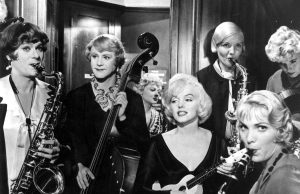
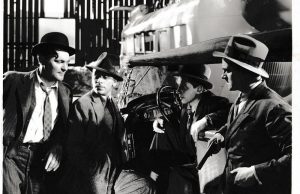
Leave a Reply